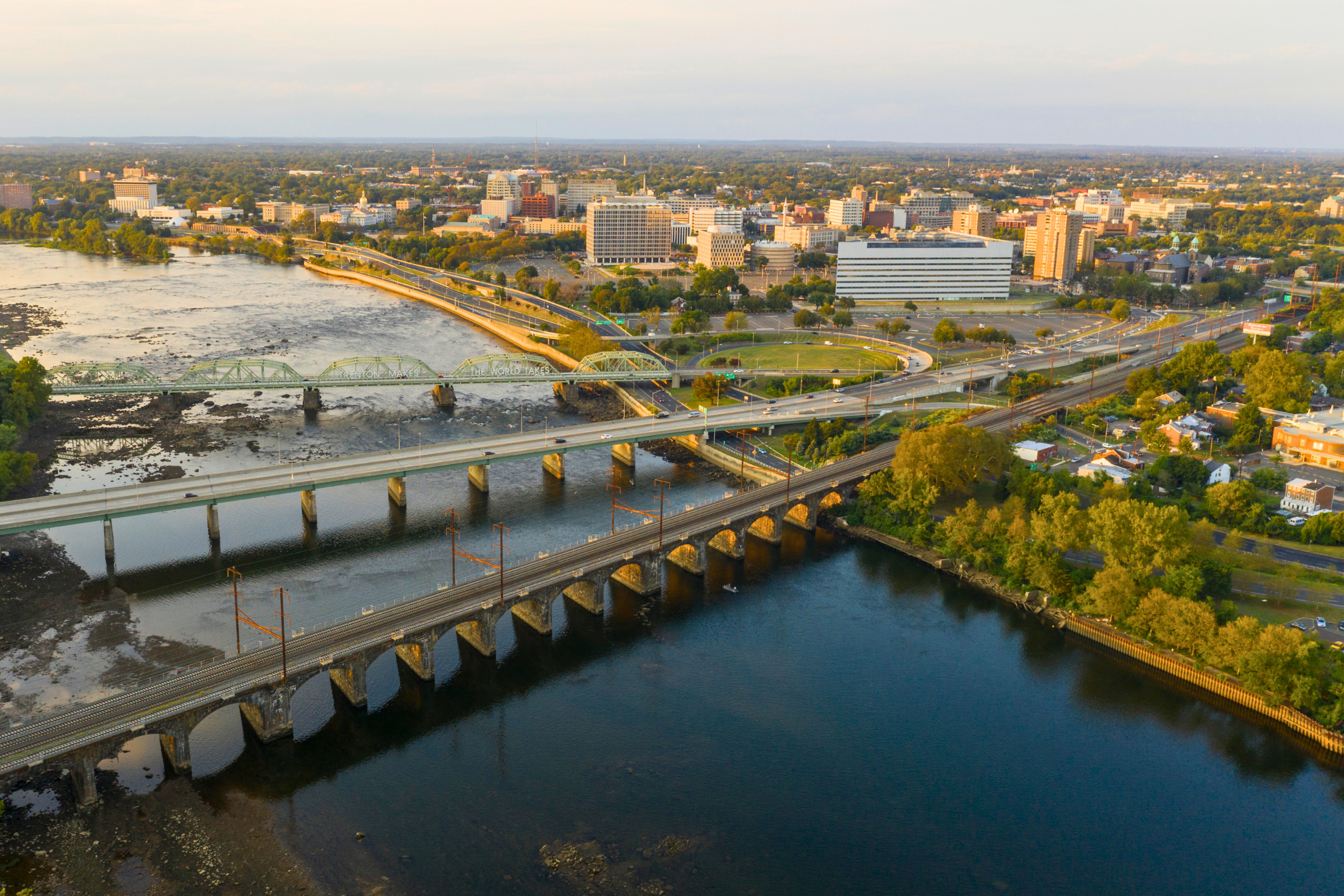By Firas Gerges (Princeton), Michel Boufadel (NJIT), Hani Nassif (Rutgers)
Resilience is a critical aspect of building sustainable and thriving communities, especially in the face of increasing climate change impacts. As part of ongoing efforts to enhance community resilience, a team of researchers from the New Jersey Institute of Technology (NJIT), Princeton University, and Rutgers University has developed the ARez Resilience Framework. ARez combines social and engineering concepts to assess the resilience of various sectors and help inform decision-making and planning processes.
In our continuous effort to improve ARez, our updated approach focuses on services and functions as end variables for resilience, such as “Access to Electric Power,” “Access to Clean Water,” and “Access to Health Services,” providing a straightforward and tangible assessment of resilience. These metrics directly relate to the well-being and safety of the community and are crucial in emergencies. By using these end variables, one can provide more meaningful and actionable insights to decision-makers. Instead of getting lost in complex technical details about microgrids or underground wires, the emphasis is placed on the essential services that people rely on, making the assessment more relatable and applicable.
This approach acknowledges that different communities may have unique characteristics and infrastructure setups, but ultimately, the goal is to ensure that critical services remain accessible to people during and after disasters. This offers a pragmatic and outcome-oriented method to assess resilience, enabling informed strategies for disaster preparedness, response, and recovery efforts.
To further refine and validate this framework, we invited stakeholders and Subject Matter Experts (SMEs) to participate in the ARez Survey and contribute their valuable insights. This aims to gather feedback and perspectives from subject matter experts (SMEs) and stakeholders who possess knowledge and experience in fields such as environment, industry, transportation, energy, healthcare, and government agencies. Such expertise is crucial in refining the ARez Resilience Framework and ensuring its practicality and effectiveness in real-world scenarios. This survey was conducted during the “Green Infrastructure in Newark” Symposium, hosted by the Center for Natural Resources within the New Jersey Institute of Technology. The symposium brought together a diverse group of stakeholders, including representatives from academia, industry, and local officials from the city of Newark. Its primary focus was to address critical issues related to urban green infrastructure. Efforts are currently being made to expand the reach of the survey and gather additional feedback.
The feedback will contribute to a more comprehensive understanding of community resilience and enable decision-makers to allocate resources effectively, plan for future challenges, and enhance the well-being of communities in the face of climate change.

